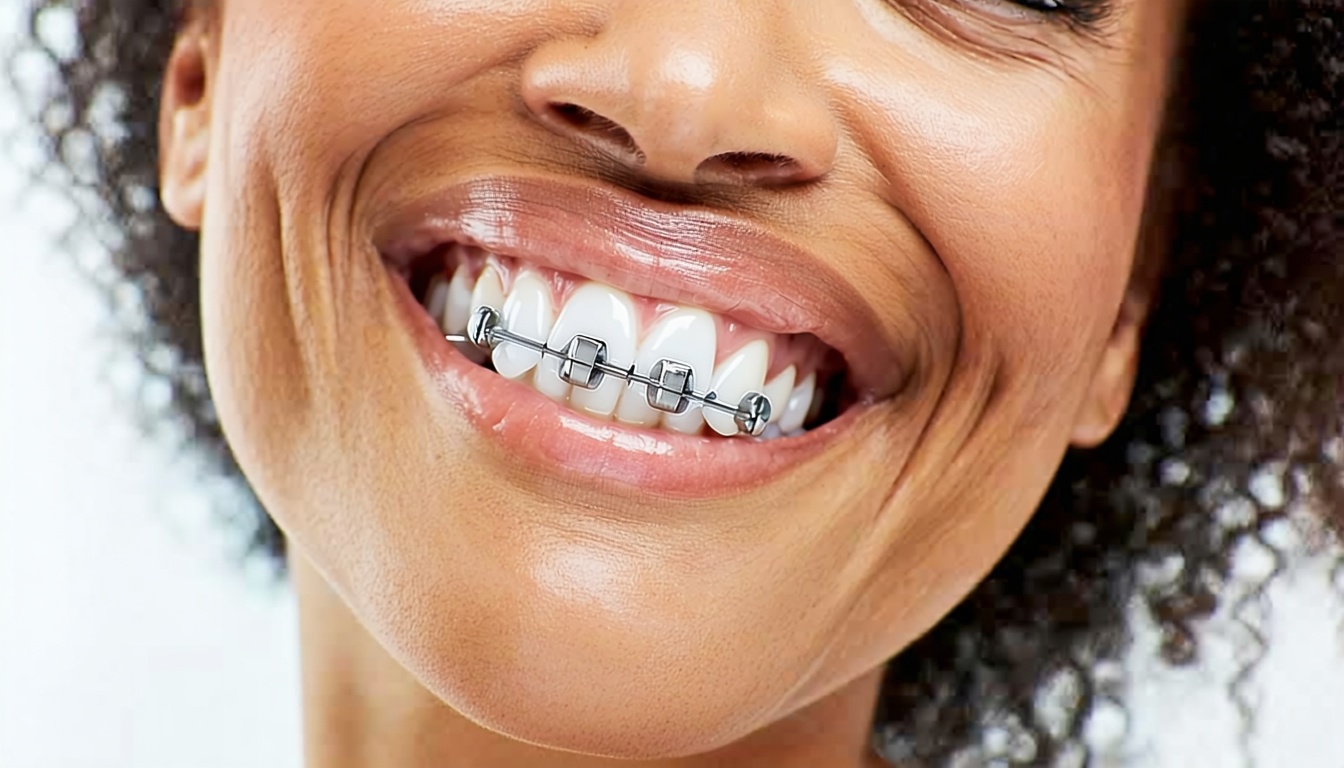
If you are exploring implant-supported dentures with Aetna, you are seeking a durable, natural-feeling solution for missing teeth that aligns with your insurance benefits. Many adults and seniors in Charlotte face challenges like gum disease, bone loss, or multiple missing teeth. By understanding how implant-supported dentures work and how your Aetna plan covers them, you can make an informed decision and take proactive steps toward restoring your oral health and confidence.
In this article, you will learn:
Aetna offers a variety of dental plans with major service benefits that typically include dentures and other prosthetics. Plans labeled as “Aetna PPO” or “Aetna Dental Resource” often categorize implant-supported dentures under major restorative services. As you review your benefits, pay attention to:
To confirm whether your policy covers implant-retained dentures, log in to your Aetna member portal or call the customer service number on your ID card. Reviewing your summary plan description can help you understand how benefits apply, whether there are waiting periods, and if any pre-authorization is required.
For more information on related benefits, see our article on implant dentures with insurance coverage.
Many Aetna plans impose a waiting period of three to six months for major restorative treatments, which can include implant placement and denture fabrication. Annual maximums for prosthodontic care typically range from $1,000 to $2,000 per calendar year. After meeting your deductible, you can expect coverage of:
If your plan has a lower maximum, you may need to spread treatment across two benefit years or explore flexible financing options. Additionally, scheduling diagnostic imaging and preparatory services early can help you stay ahead of waiting periods.
For ongoing gum health maintenance while you prepare for implants, consider services outlined in periodontal maintenance covered by insurance.
Implant-supported dentures combine dental implants and a custom-designed prosthetic to replace missing teeth with stability that traditional dentures cannot match. The process generally includes:
During osseointegration, your diet may be modified to softer foods. However, many patients return to routine activities within two to three days of surgery, avoiding strenuous exercise for 48 hours post-procedure (Cleveland Clinic).
Implant-supported dentures are available as:
Your dentist or prosthodontist will recommend the best design based on factors like jaw shape, the number of implants you receive, and desired maintenance routines.
Traditional dentures rest on the gums and rely on suction or adhesive to stay in place. Implant-supported dentures anchor directly to the jawbone, providing:
Without stimulation from natural tooth roots, the jawbone beneath traditional dentures deteriorates over time. This bone loss can cause facial collapse, a sunken appearance, and poor denture fit. Because implants mimic natural roots, they promote bone health by:
Well-fitting traditional dentures can still shift during speech, leading to lisps or unclear pronunciation. Implant-supported options remain firmly in place, allowing for clearer diction and lasting comfort.
Acrylic dentures generally need full replacement every 5 to 10 years. Implant fixtures, by contrast, integrate with your bone and can last a lifetime with proper care. Replaceable overdentures typically require replacement every 15 to 20 years (Cleveland Clinic). Maintenance routines include:
| Feature | Traditional dentures | Implant-supported dentures |
|---|---|---|
| Retention | Adhesive or suction | Implant anchorage |
| Bone health | No stimulation | Promotes osseointegration |
| Dietary restrictions | Yes | Minimal |
| Replacement frequency | 5–10 years | 15–20 years (overdenture) |
| Routine maintenance | Moderate | Similar to natural teeth |
The total cost for implant-supported dentures in Charlotte can vary based on:
On average, you might expect to pay $3,000 to $6,000 per arch before insurance contributions. Implant-supported dentures are a long-term investment that may offer greater value over time compared to multiple traditional denture replacements.
After meeting your annual deductible—typically between $50 and $150—Aetna plans may cover:
Understanding your benefit structure helps you estimate your share of the cost. If your plan’s annual maximum is insufficient for full coverage, you can:
Before you receive implants, preparatory treatments are often necessary:
Be sure to ask your dentist to submit separate claims for these services. Early scheduling of periodontal therapy not only ensures a healthier foundation but also helps you navigate any waiting periods for major services.
Clinical imaging, such as panoramic X-rays or 3D cone-beam CT scans, helps your dentist evaluate jawbone volume. Adequate bone is essential for implant stability. If imaging shows insufficient density, you may need additional procedures to prepare.
Bone grafting involves placing graft material—either from a tissue bank (allograft), synthetic substitutes, or your own bone (autograft)—into areas with bone loss. The graft site typically requires three to six months of healing before implants can be placed (Colgate). Types of grafts include:
Discuss with your provider whether your Aetna plan covers dental bone graft and gum disease coverage and verify any related waiting periods.
Healthy gums are vital for implant success. If you have active periodontal disease, your dentist will recommend therapies such as scaling and root planing or laser treatments to control infection before placing implants.
To maximize your benefits and minimize out-of-pocket costs, work with an in-network provider. Use the Aetna DocFind tool or call member services to locate:
When you contact a provider, explain that you are considering implant-supported dentures under Aetna coverage. Questions to ask include:
A thorough consultation will include a clinical exam, imaging, and a treatment timeline tailored to your needs.
Organize the following before your first appointment:
Having this information on hand streamlines the process and helps your dentist submit claims accurately.
Pre-authorization secures approval for major services under your plan. Your dental provider will:
Once approved, you will have clarity on your financial responsibility before treatment begins.
In addition to implant-supported dentures, your Aetna plan may include benefits for:
By combining preventive and restorative services, you can maintain long-term oral health and prolong the lifespan of your new prosthetics.
By understanding your Aetna benefits, preparing thoroughly, and partnering with an experienced provider, you can confidently evaluate whether implant-supported dentures with Aetna are right for you. A stable, natural-looking smile is within reach—start your journey today.


